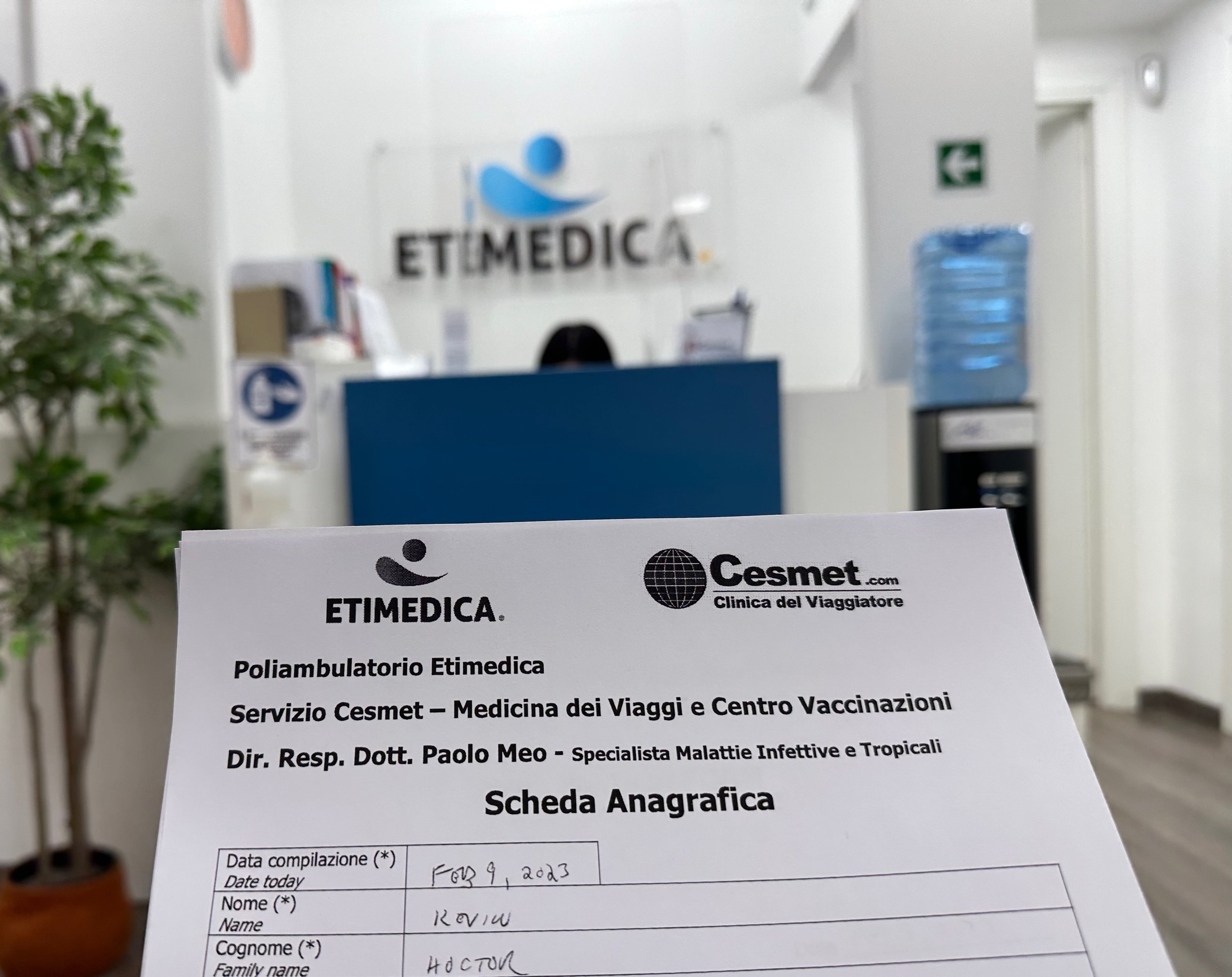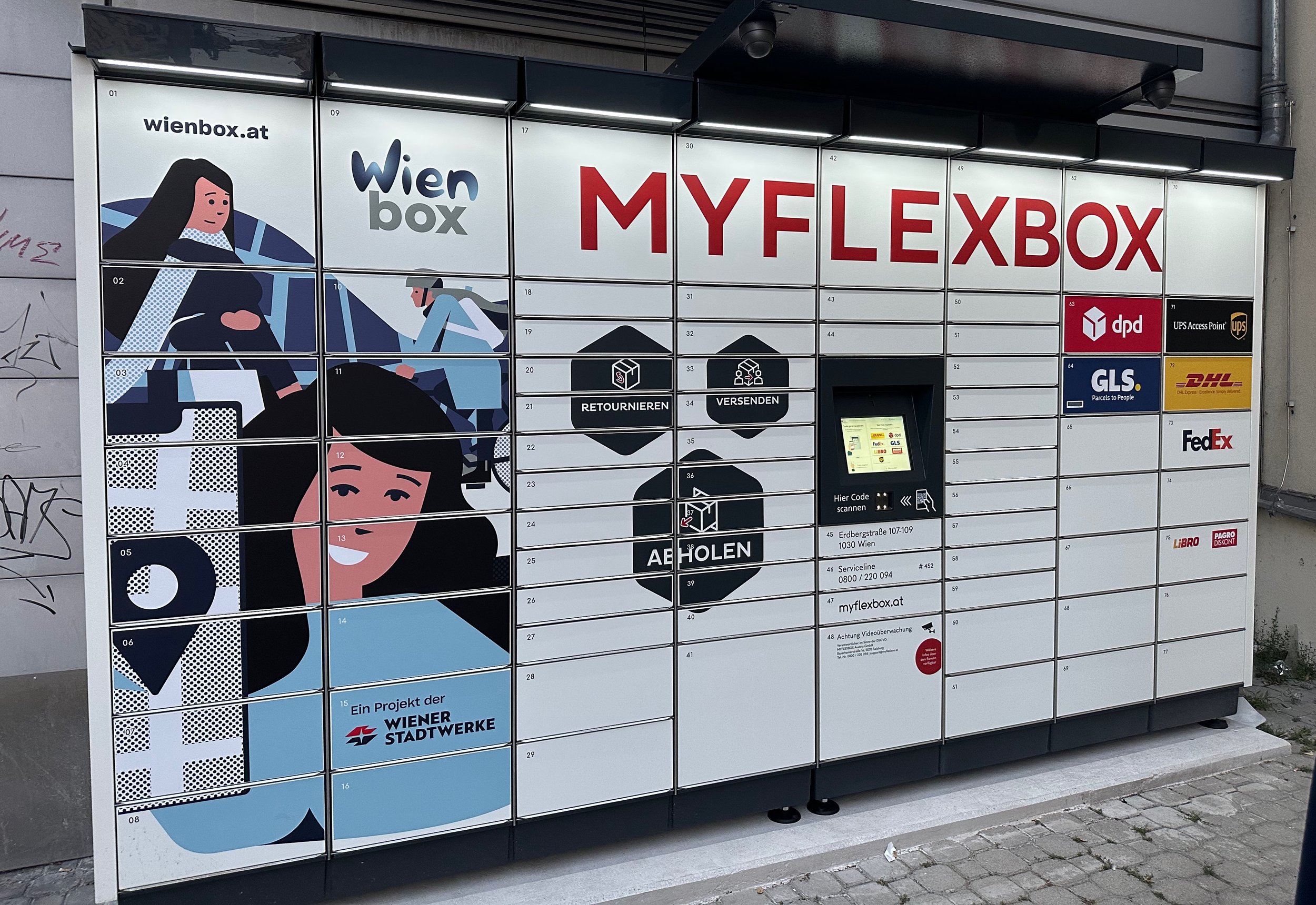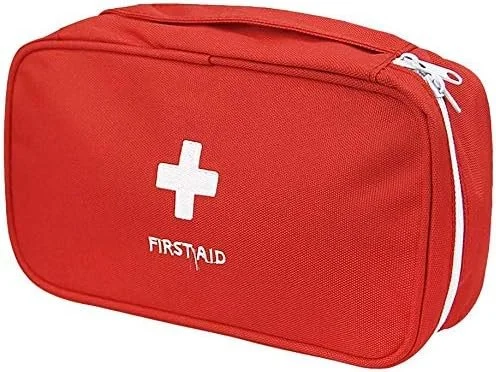Navigating Prescription Medication While Traveling Abroad
One of the common worries for people considering full-time travel is how they will refill their prescriptions while living internationally. Here are some strategies to ensure your medications come along with you without interruption.
EdiMedica travel doctor and vaccinations for travel, Rome, Italy
Start by checking the guidelines of the countries you will be traveling into to ensure that they don’t restrict any of the prescriptions that you take regularly or carry with you or limit the amount of how much you can bring into the country at one time. It would be a bad, bad thing to end up in jail because you forgot you are carrying a banned substance.
Talk with your usual provider before traveling
Talk with your doctor about providing year-long prescriptions whenever possible so that you don’t have to make monthly or quarterly visits to foreign doctors. Are your current medications widely available? If not, are there alternate brands you can test out before hitting the road? Also ask your doctor to write a letter that documents your prescriptions, stating that they are for your personal use and necessary to your health. Each prescription should be listed by name, along with purpose, strength and dosage details. This will help you at an airport if there are any issues as well as with international pharmacies. Keep a hard copy of this letter, but also have a scanned electronic copy with you as well for safekeeping. We use this handy first-aid pouch for our medicines and first aid items because it stands out in our suitcases, making it easy to find.
Contact your insurance company
Contact your insurance company to see what quantity they will allow you to fulfill at once. Often you can get a three-month supply of certain prescriptions, but see if they’re able to provide you more if possible. In certain circumstances, your doctor may be willing to prescribe a higher dose of a medication for you to split into the correct dose. Coated pills and slow-releasing medications aren’t able to be split, though, and can lead to a dangerous, high dose in your body.
Items to note
Carry your original prescriptions. If you have to renew something while on the road, some countries require a wet signature and a fax or your doctor calling in a prescription to a pharmacy isn’t accepted in every country. Note that not all prescriptions can be renewed in all countries. Also, keep your medications in their original labeled bottles.
Vaccinations while traveling can be cheaper than in the US
Telehealth service while traveling
Use Telehealth services in the country you are visiting. Depending on your prescriptions, you may need to speak with a local doctor and get a localized prescription. In our video, Why we got vaccinated in Rome before visiting Cairo and Luxor, we walk you through our process of getting foreign vaccinations, but the process applies to any non-urgent healthcare situation. We did an online search and found DoctorsInItaly.com, which gave us a great referral to a travel doctor who gave us helpful recommendations for what we’d need while we were in Egypt and also provided our vaccinations. Sometimes a doctor will be able to assess you through an online video chat and send a prescription to you through WhatsApp or via email, especially if you can show proof that you have a historical background taking those medications. In your web browser, use search terms similar to “telehealth for prescriptions in Vienna” or “prescriptions in Tokyo for foreigners.” Note that Japan does not accept foreign prescriptions and will require you to see a local doctor before providing a prescription. If you’re bringing in more than one month’s worth of a prescription drug or if you’re bringing syringes into Japan, you must apply for an import certificate, called a Yunyu Kakunin-sho. You can request this certificate by going to the Ministry of Health, Labour, and Welfare of Japan. Give yourself plenty of time to get this certificate. Expect it to take at least two weeks, but it’s ideal to give it at least a month. You can’t circumvent the system by sending medications through by mail or split up your prescriptions with your partner carrying half a dose. The only person allowed to carry in the medication is the person whose name is on the prescription.
For those in need of a specific prescription, a list of English-speaking doctors can be found through various embassy websites.
Medications by mail if they’re allowed
As a last resort when traveling to countries that allow you to acquire medications by mail, you may want to consider asking someone back at home—if you have such a trusted person—to be your liaison. Ensure that you can place an online order for your prescriptions, and make sure you put in the refill request as far in advance as they will allow. Set a reminder for yourself so you don’t push it to the last minute, because getting the prescription from your home country to your destination can be a slow process. Your liaison then would either begin receiving your prescriptions at their home (you would want their address to be on file with your insurance company) or they would pick them up from their local pharmacy and then forward them to you. If they have to pick them up, you need to be sure and reimburse them, so have a system in place to do that. Zelle, Venmo, or Apple Cash are apps that make it easy to repay someone at the touch of a few buttons on your cell phone. Also consider some extra compensation because this process is a bit of a hassle and they are doing a huge kindness for you! The challenges to overcome with this option are as follows:
MyFlexbox postal drop-off box for packages, Vienna, Austria
You need to be in a place long enough that you have an address to provide to your liaison that will give you plenty of time should the medications be delayed in customs (this could mean at least two weeks or more).
The medications should be shipped by some trackable means since in some places you need to be home to receive packages. DHL often is a good mail service since they also have parcel pickup addresses you can use in lieu of having items delivered to your Airbnb location. Parcel pickup locations allow you to pick up deliveries at your convenience. On multiple occasions we stayed in our Airbnb all day to be available for a package being delivered only to have the driver not ring the bell or not try to contact us in any way and then send us a “sorry we missed you” email and then we had to chase down the package over the course of several days, which is stressful and anxiety inducing, especially if you are running low on your prescription.
Your specific medications must legally be able to be shipped to the country you are visiting and in the quantity that your liaison is sending.
Customs may require certain documentation for shipping your prescriptions, so you need to read up on the rules and ensure that your liaison has access to the information and includes it for customs. This might include the letter from your doctor and the actual prescription, along with the customs form.
Prescriptions in foreign countries
I had a specific prescription that I was taking beginning after my medical checkups in Thailand. Unfortunately, it wasn’t something that I could stock up on due to its shelf life of only a month. Every month in whatever country I was in, I either had to find a local clinic that could see me and provide a prescription that would be accepted in that country or contact a telehealth provider in that country to get a prescription. And then I’d have to go from pharmacy to pharmacy to see if they had that medication in stock. In Europe there is a requirement that a prescription in one country needs to be accepted in all the other EU countries, but you’re at the mercy of the medication being readily available where you’re going. It does save you from incurring healthcare appointments, which are affordable but can add up.
Global health insurance
We no longer have USA-based health insurance as full-time travelers. Instead, we use Cigna International Health Insurance, which is accessible throughout the world. Note that this is not the same as travel insurance. This is health insurance that replaces the policy you might have had when you were a corporate employee. You can get high-quality healthcare anywhere in the world that often is more affordable than what you can get in the US, so don’t pay more than you need to just because you may have been conditioned to do so.
If you have other strategies that have been successful, please leave them in the comments!
Medical tourism is a high-quality, affordable alternative to care in the US



